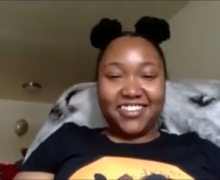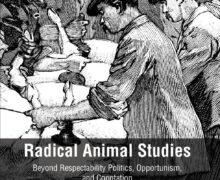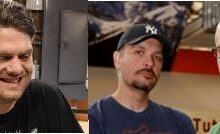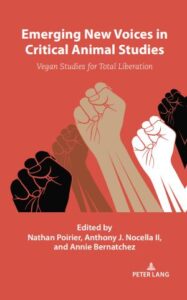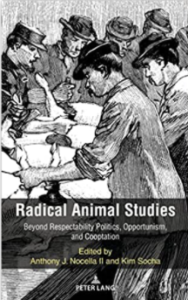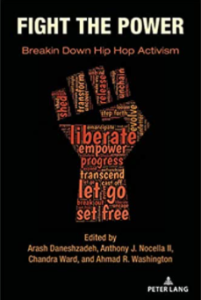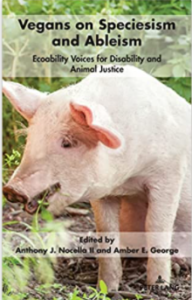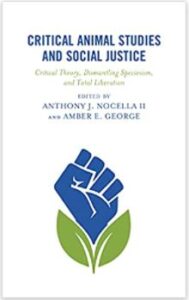ICAS Scholar-Activist Profile Series – December 2015: Stephanie Eccles
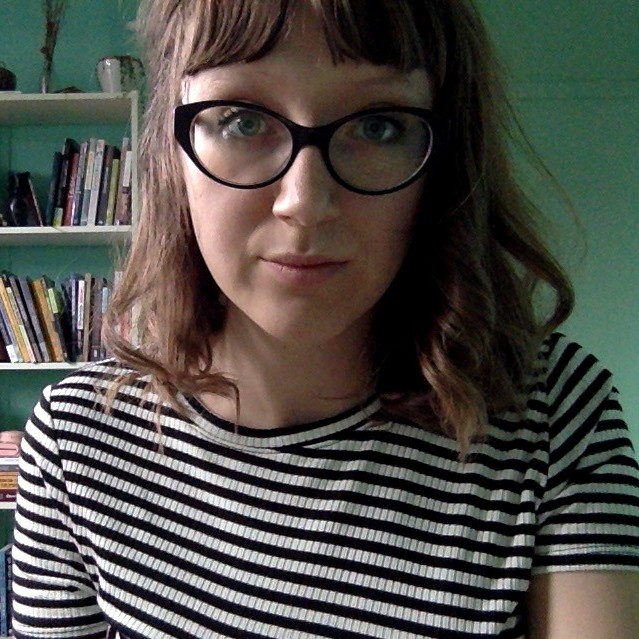 My name is Stephanie Eccles. I recently completed an undergraduate degree from the University of Waterloo in Anthropology and am starting my Master’s program in Fall 2016. As of very recently I am living in Montreal, Quebec with my partner and two sweet cats.
My name is Stephanie Eccles. I recently completed an undergraduate degree from the University of Waterloo in Anthropology and am starting my Master’s program in Fall 2016. As of very recently I am living in Montreal, Quebec with my partner and two sweet cats.
What catalyzed your activism?
The moment I was able to comprehend my surroundings I was brought into some pretty tumultuous adult situations. I grew up with a single-mother who was an alcoholic, and a very very angry one. I grew up knowing that I was my sperm-donators daughter, only remembering him so-faintly. I knew that him being a hard drug-user for most of their relationship spilled over into their lives, and the lives of the companion animals my mom kept. I grew up being reminded of how awful he was, with her words and hands. Entering high school I was brought into similar worlds that they produced, to quickly leave but gain an understanding of why my mom’s disposition on life. I was able to step-back and gain empathy for her and forgive her. I started asking questions, and she started answering them. This is when I encountered my first connection-how violence against women and violence against animals often co-exists. These memories and stories that my mom shared with me cultivated my plunge into an anti-oppressive un-learning that has stayed with me and shaped my daily interactions and the work I do.
What are some of the lessons you’ve learnt along the way?
One of the biggest hurdles I have faced in activist spaces is the power of appearance and how it can dictate first encounters with people who will often share the same politics as you. It seems body markers and badges are considered more important than conversations. I think this is a very sour and toxic way to approach one’s activism. I think that our values should have more of a profound turning-upside-down of how we orient ourselves, and we should really question our need for gaining social capital. We need to remember that every encounter, with anybody, should be taken seriously and not dismissed by stereotypes or assumptions that we have built into us. If we truly want total liberation, we must remember that we cannot leave anybody behind.
Do you have strategies for avoiding compassion fatigue?
Boundaries. For the past two years of my life I had to watch my rock succumb to their illness. Being involved in social justice projects and being a student I realized I had to step-back sometimes and not fall victim to feeling ashamed. In these times where I could not put as much of myself into my projects, I realized that in these times you can still do all that same work, just in a different way. One of the most enriching enlightenments for me has been that your daily interactions, the friendships you have, and your disposition in life can still carry a huge impact.
One of my reflections from this time involved questioning self-care, which tends to be one of the catch-all responses for activist burn-outs. We spend a lot of time talking about what self-care looks like, how radical it is and whatnot, but perhaps we need to also spend time on building communities and daily practices that have this notion of care built into them.
We are co-inhabiting a world that hurts all-over, it is more common than not that we awake to stories of senseless violence and confused actions. Being involved in any social justice or anti-oppressive work, we have opened up our senses to feeling suffering in a very visceral way. It can get to the point where you feel like work is yet another droplet in an ocean but, there is also so much pleasure, happiness, palpable rage, and care and we should reflect on these moments of co-existence and constantly imagine that we need to keep pushing for these moments to take up more of the space and time. Thinking about that keeps me from becoming completely disheartened.
What are you currently involved in/current projects?
Right now I am the coordinator of Students for Critical Animal Studies, a branch of CAS that focuses on the work, collaboration and projects of undergraduate to PhD students. Outside of that, I am working at a dog shelter/care space that was founded on the belief of not discriminating against breeds. I am able to meet many idiosyncratic personalities that have lived through awful experiences including being ex-fighter dogs. I am on a self-directed project right now (my MA project in the Fall) that considers the lives of unwanted animals (including humans) so I have an interesting opportunity to bring my work and passion together and learn from these encounters. I am also working on a project with a friend and colleague regarding settler-trappers in Northern Canada. We are approaching this topic from two different angles but I look forward to seeing where we meet-and-diverge.


